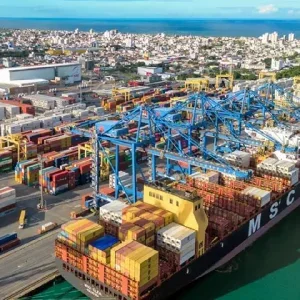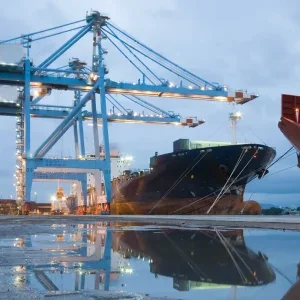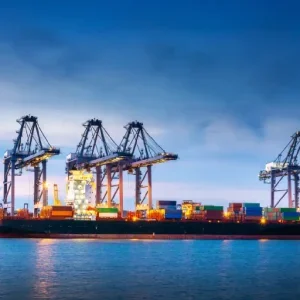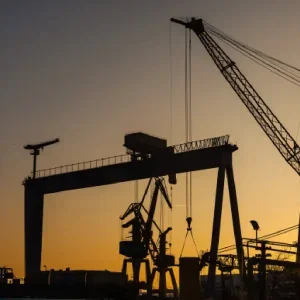DLM is a specialist in the design, manufacture, repair, and calibration of load cells, load monitoring, and cable working equipment for the offshore, renewable energy, marine, subsea, and lifting and rigging industries. Chant, meanwhile, also of British heritage, is a diversified engineering company that designs, manufactures, services, and calibrates testing machines, systems, and related accessories for industrial and military customers.
Chant has stocked and distributed DLM’s standard tensile load links (SL-3.0) up to 50t capacity and handheld displays (TW-3.0-S) to the US since 2015, and further penetrates the market via a sub-distribution network. However, both parties are interested in widening the range with ongoing product and application training supporting distribution of more technological systems.
“Rigging and lifting was our starting point—and Chant’s strength. We would be keen to expand on this, as currently this sector only represents about 10% of DLM’s current business, at least in terms of turnover, with custom work for marine and offshore industries being by far the largest market for us [approx. 75%],” said Martin Halford, MD, DLM.
“If we could start to tap into this potential within the US, it would be very exciting—for us and Chant. First, we must get deeper and more varied coverage of North America with our standard products.”
Jeff Cron, marketing specialist at Chant, said: “We take great pride working with DLM. It is a tremendous relationship that we have built and continue to build on. DLM has supported us with all our customers’ needs and provided amazing customer service. The towing and automotive industries are big for us right now, but we are looking to constantly expand into other industries.”
Halford pointed to a track record of success supplying the European wind energy market, and with the US poised to replicate this commitment to renewables, the opportunity is significant. California alone has set a floating offshore wind target of 3GW by 2030 as part of a series of new goals for the US western coast. Floating turbines allow wind development where the water is too deep for bottom-fixed solutions—a market where DLM’s equipment is ubiquitous elsewhere in the world.
It is also important to know the weight and centre of gravity of loads during the manufacture of towers, monopiles and transition pieces; and throughout transportation, erection, inspection, and maintenance processes. There is demand for subsea shackle load cells, subsea tensile links, subsea load pins, and grapnels. DLM’s marine-grade range of products includes saddlebacks, running line monitors, cable counters and grapnels for pre-lay grapnel run (PLGR) and route clearance operations work, in addition to the laying, recovery, and repair of cables.
“Where we can really differentiate is that we can design and customise anything we make, in terms of size and material integration into existing customer systems, and supply of full systems, including commissioning—on and offshore. This bespoke ability and in-house design capability is one of our key strengths in the marine and offshore marketplace and certainly something that we can look to leverage further through the Chant partnership moving forward,” added Halford.
Cron said: “For Chant customers, everything is customised. As for our DLM customers, if there is a need for customisation, DLM is extremely helpful with these requests. We have one of the largest calibration teams in the industry, which keeps our clients up and running. We offer on-site and in-house calibration, remote technical support, on-site training, and preventative maintenance, all in combination with DLM’s world-class range of technologies.”
DLM recently shared an exhibit with Chant and Talurit, a specialist in mechanical splicing of wire ropes, at the Associated Wire Rope Fabricators (AWRF) Product Information Exhibition (PIE), which took place in Houston in April. Halford revealed that such three-way collaborations will become more commonplace as the partnership develops.






